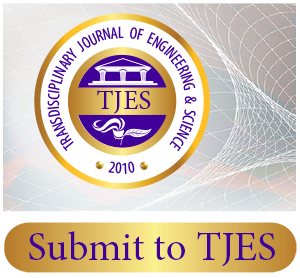The Science of Bee Collapse and an Emerging Knowledge for Sustainability
Abstract
The following text addresses the threats affecting the honey-bee, and which are manifesting through the unusual death rates of bee colonies. Focus is placed in reviewing the scientific knowledge that concerns the honey-bee by discussing its cognitive and ethical categories and its influence in nature conservation, mainly centred in the EU. Results indicate that scientific knowledge plays a fundamental role in defining what the problems are, as well as their degree of urgency and holds the greatest legitimacy in informing policy-making. Further results reveal that research is dominated by STEM fields of science, and is largely conveying a dichotomized and utilitarian viewpoint of human-nature relationships. The concluding section argues for a transition towards transdisciplinarity and social learning. It emphasises a science that is able to integrate a social-ecological understanding of the value of bees as the world’s common good, together with a praxis that effectively promotes sustainable change


